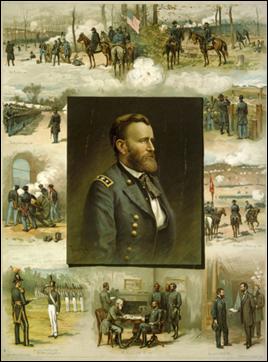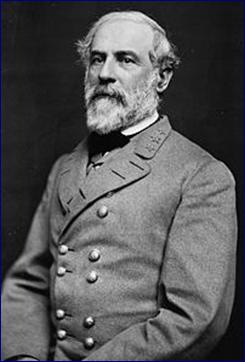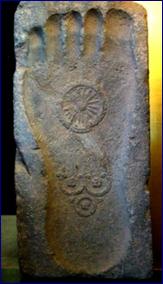IV. The Paradoxical Role
either log in or click here to purchase.
Log in here to access video.
Haven't purchased Eye of the Storm Leadership?
Starting Point / Closure at Appomattox
Political leadership is filled with contradictory imperatives: the need to fight for equity and a fair share for your people; the need to work together with others to get things done that can’t be done alone; the desire to do what is morally right; and the insistent call to be pragmatic and do that which is doable. Competitive, cooperative, moral, and practical impulses tug at each other. We need to follow all of them, simultaneously. Some do this with greatness.
It is April 9, 1865. Robert E. Lee, exhausted from years of fighting and in retreat, is determined to make one final attempt at escaping the ever-tightening noose of Ulysses S. Grant’s army at Lynchburg. In the early morning, the Confederates make their move. Initially they gain ground against Phil Sheridan’s cavalry but in short order they are surrounded on three sides. Lee and his army are weary, hungry, and checkmated.
 Poster of Grant: “From West Point to Appomattox.� Credit: Wikimedia Commons.
Poster of Grant: “From West Point to Appomattox.� Credit: Wikimedia Commons.Grant replies as follows: “The terms upon which peace can be had are well understood. By the South laying down their arms, they would hasten that most desirable event, save thousands of human lives, and hundreds of millions of property not yet destroyed. Seriously hoping that all our difficulties may be settled without the loss of another life, I subscribe myself, etc., U.S. Grant, Lieutenant-General�
Who are these men speaking the courtesies and formalities of surrender? They are both military geniuses, fierce warriors who have battled back and forth across the North and South ruthlessly sacrificing thousands of soldiers to achieve their objectives. Grant, a poor student, a failure in business, and a heavy drinker, has many other virtues. He enjoys a reputation for fairness, is a good listener, keeps his own ego in check, and is perpetually and brutally self-honest. Lee, a towering figure to Northerners and Southerners alike, is a devout Christian, a deeply loyal citizen of Virginia, and a persistent if not stubborn man of known character. Both Lee and Grant should be deeply embittered. Instead, they are deeply respectful of each other, tired and quietly desirous of bringing matters of war to an honorable end.
 General FRobert E. Lee. Credit: Wikimedia Commons.
General FRobert E. Lee. Credit: Wikimedia Commons.They talk of when they served together in Mexico and then discuss terms of surrender. Lee asks that his men be given paroles for safe passage and allowed to keep their swords and horses. Grant understands the need to avoid the infliction of unnecessary humiliation. Grant writes out the full terms of surrender. Lee adds a word here and there. A little before 4 pm the two shake hands. Lee notes the presence of Ely S. Parker, engineer, lawyer, Grant’s secretary, and a Native American of the Seneca tribe. He says: “I am glad to see one real American here.�
The Grant-Lee meeting lasts two and one-half hours and ends the bloodiest conflict in U.S. history. There is a pervasive sadness and inevitability seen and remembered by all in attendance. At the conclusion, Grant’s men start to cheer. Grant sternly silences them. “The war is over,� he says. “The rebels are our countrymen again.� Grant goes on to become President of the United States, takes a hard line against post-war violence perpetrated by the Ku Klux Klan, but excuses financial corruption among his senior officials. He is remembered with respect as a general and poorly as a president. Lee returns home to recover his ancestral farm near Arlington which had been seized by Union troops. He becomes president of Washington College (now Washington and Lee University), instills a code of honor that still exists today, builds the small school into a strong and respected institution, and remains there until his death on October 12, 1870.[i]

31 Footprints
“Love and conflict are binding.� Hawaiian Proverb
 Buddhapada: Footprint of the Buddha. Credit: Wikimedia Commons
Buddhapada: Footprint of the Buddha. Credit: Wikimedia Commons
32 The Job
“The go-between wears out a thousand sandals.� Japanese Proverb
|
|
This site managed with Dynamic Website Technology
from Mediate.com Products and Services |
